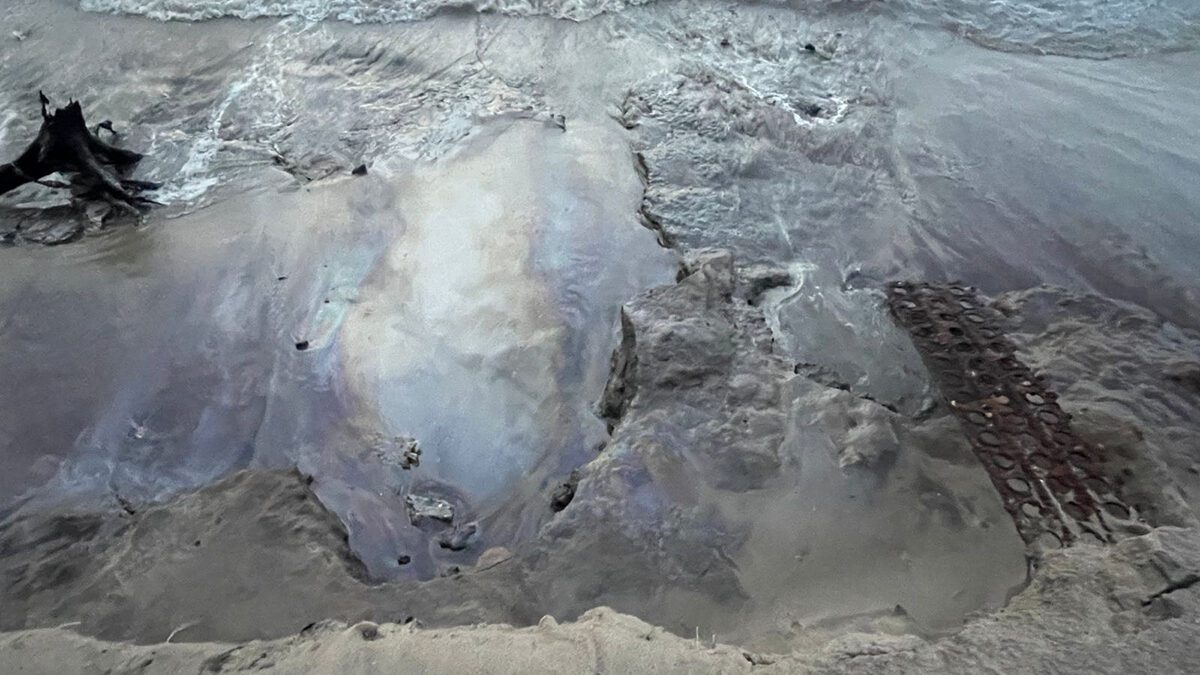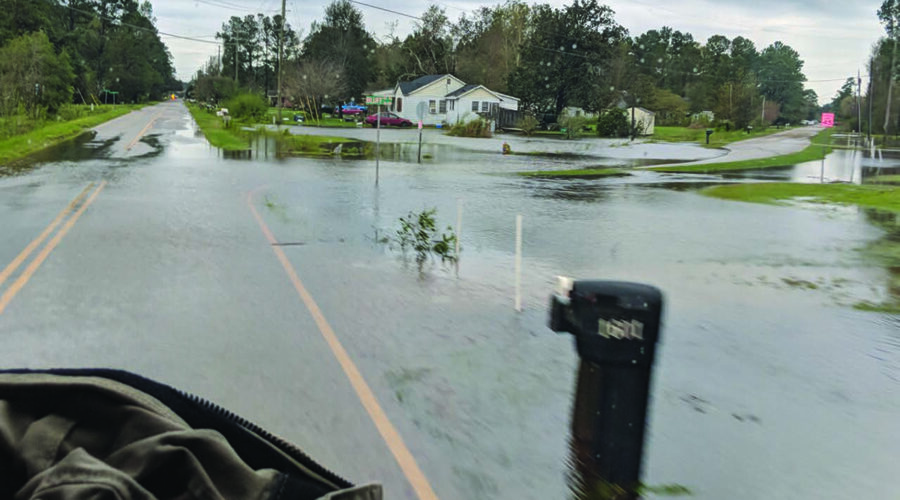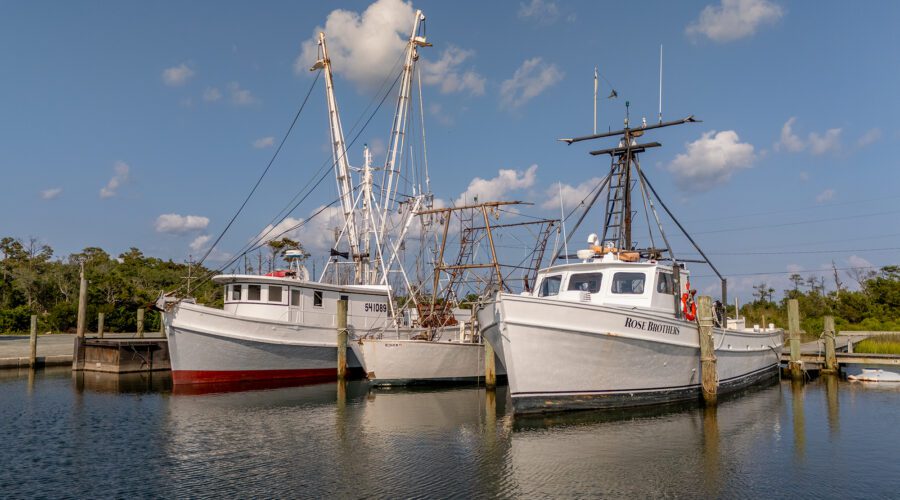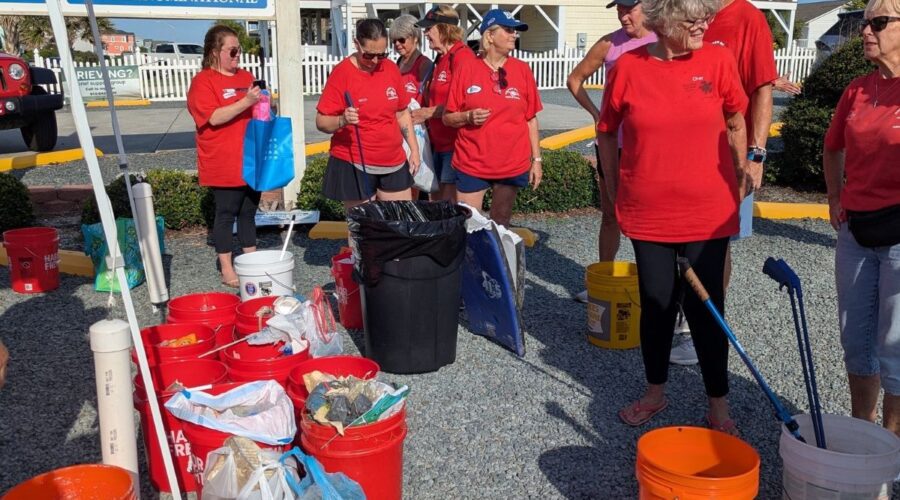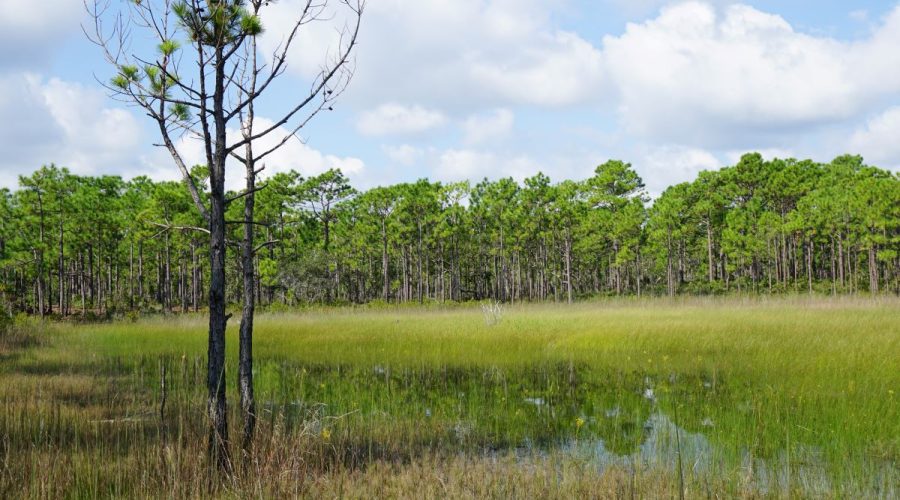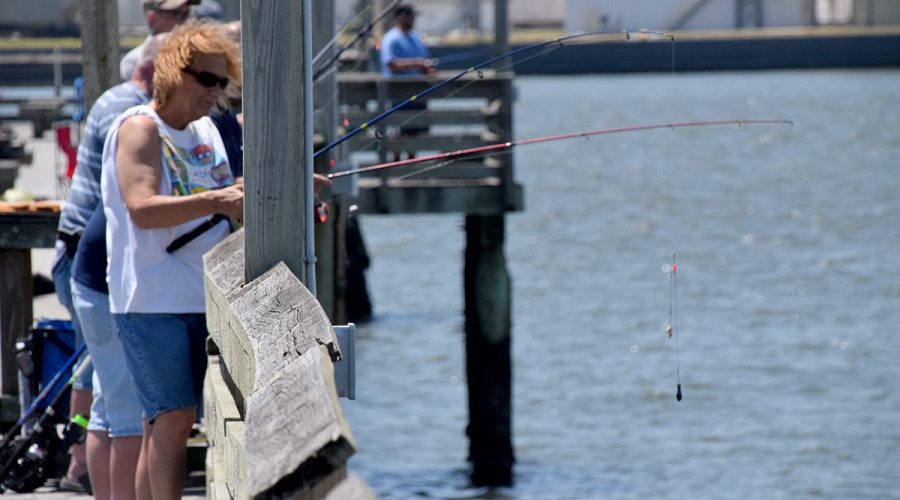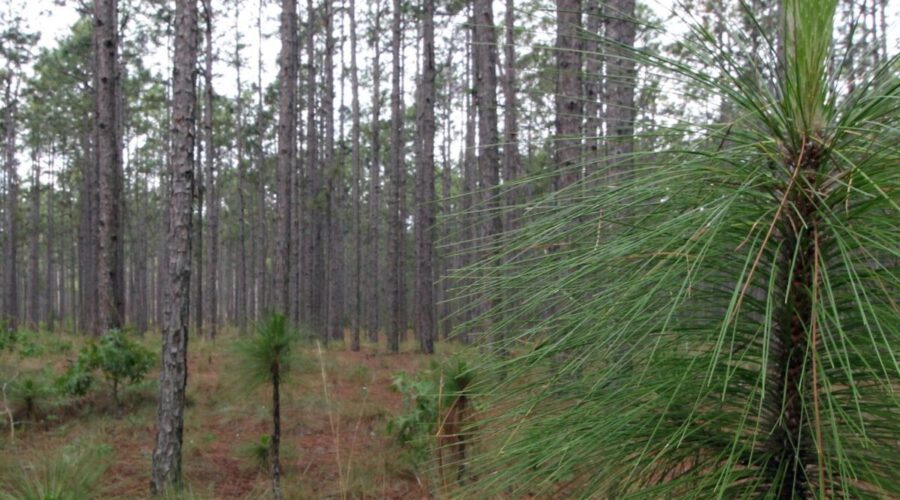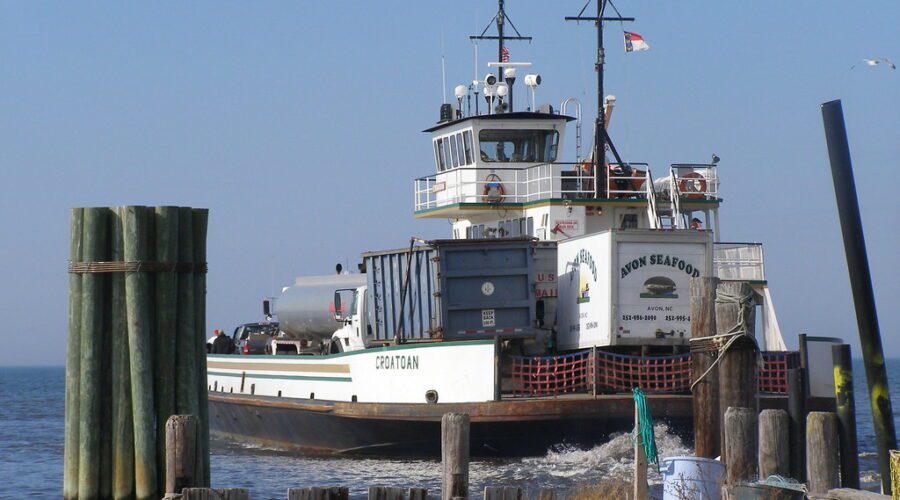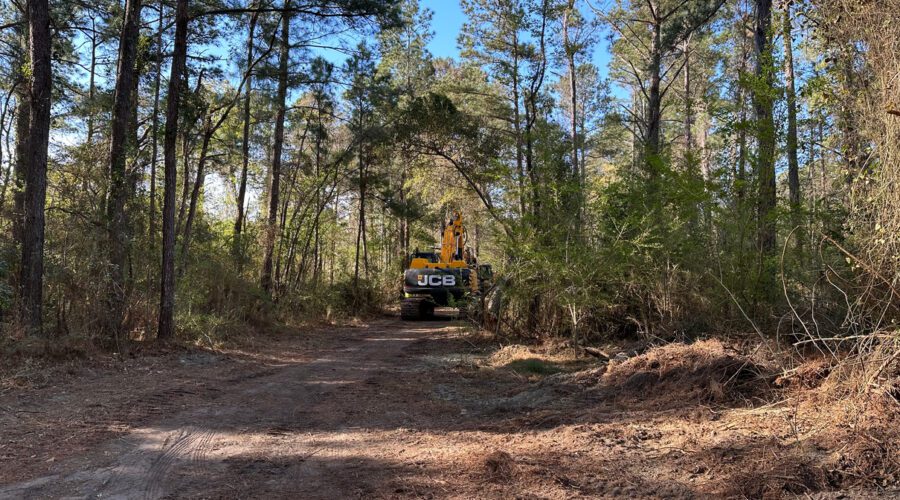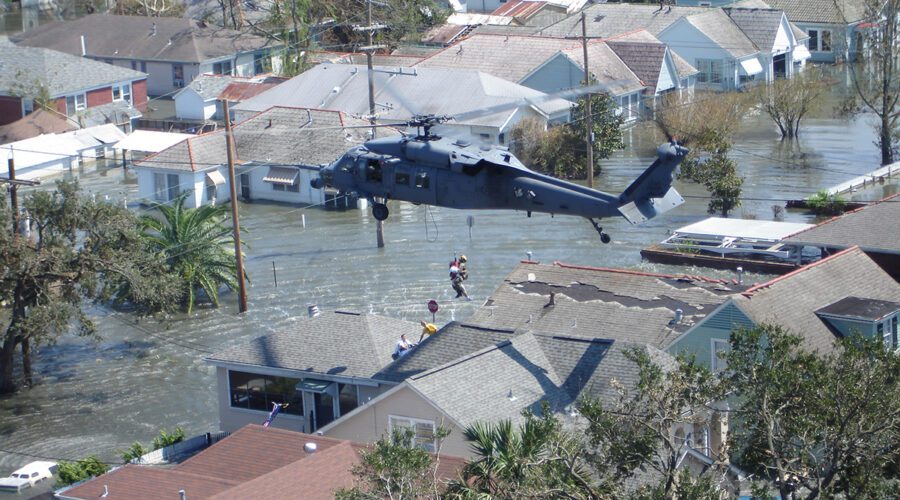“We are dedicated to finding the petroleum contamination and removing it,” said Army Corps of Engineers District Commander Col. Ron Sturgeon earlier this week.
Spotlight
Fledgling commercial fisheries group looks to boost industry
The North Carolina Coastal Counties Fisheries Coalition, formed in response to the recently proposed ban on shrimp trawling in state waters, met for the first time this week in Morehead City, drawing numerous state and local elected officials.
Coastal North Carolina’s fossil record reveals giant ‘hell pigs’
A recent study published by Cambridge University Press finds that the “exceedingly rare” land mammal fossils from 20 million years ago that were found near Maysville fill “an important gap in our knowledge of this time interval and paleogeographic region.”
Amid backlash, Dare board retains Buxton Woods restrictions
Commissioners approved a text amendment allowing the requested construction but kept longstanding protections around the Buxton Woods Reserve on Hatteras Island.
Proponents of Leland flood zone rules say it’s a moral issue
Advocates of the Brunswick County town’s proposal to strengthen and expand flood zone building rules say officials must ensure they are not putting property owners, emergency personnel in danger.
Father-son fishing duo establish state records for two species
Jody Hopkins and his son Oden of Grimesland established state records for a channel scabbardfish and a spinycheek scorpion fish while fishing 33 miles off Ocracoke.
Center for Biological Diversity sues feds over red wolf listing
The nonprofit conservation group is challenging the U.S Fish and Wildlife Service, alleging it acted illegally in deciding to continue classifying the critically endangered population of red wolves as “nonessential,” a designation of lesser protections.
Group forms to represent commercial shrimpers’ interests
The new coalition is to defend and protect the state’s commercial fishing fleet and industry and was spawned by the recent fight over shrimp trawling in North Carolina’s inland and nearshore coastal waters.
First turtle patrol beach sweep nets 120 pounds of trash
More than 120 pounds of trash, predominately plastics, were picked up off Holden Beach’s ocean shore during the Holden Beach Turtle Patrol’s first beach sweep.
Global wetlands loss strips trillions in economic benefits
An intergovernmental report concludes that if the world’s wetlands continue to vanish and deteriorate it may equate to tens of trillions in economic loss.
Report: State needs more fisheries scientists to meet goals
The mandated study of North Carolina’s fisheries management practices finds that the state, despite increasingly intense management measures, is failing to protect and enhance coastal fisheries, and it includes no recommendation on trawling.
The Longleaf Alliance seeks areas to harvest pine cone crops
Because of the anticipated seed shortage that comes with a low estimate of pine cone crops for the third consecutive year, the nonprofit Longleaf Alliance is scouting for potential low-density stands of mature longleaf pines to harvest seeds in the fall.
Commission asks to use county dredge in emergency channel
The Dare County Waterways Commission has voted unanimously to request county commissioners pursue permitting the Miss Katie dredge to maintain the troublesome Rodanthe-Stumpy Point emergency ferry channel for Hatteras Island.
Work at Navassa Kerr-McGee site to take longer than planned
Crews have found “an extensive amount” of debris, including unanticipated contamination, meaning more cleanup time is needed for a 16-acre unit of the federal Superfund site long home to a wood-treatment operation.
Water finds your weakness: Louisiana’s lessons for Down East
Former Coastal Review editor Frank Tursi recently joined Core Sound Museum Director Karen Amspacher and others on a trip to start a conversation with those who live where levees gave way and homes flooded during Hurricane Katrina 20 years ago.
Construction commences on Dare early college building
Officials this week marked the start of construction of a $21-$25 million structure to house the Dare County Early College on the College of the Albemarle’s Manteo campus.

